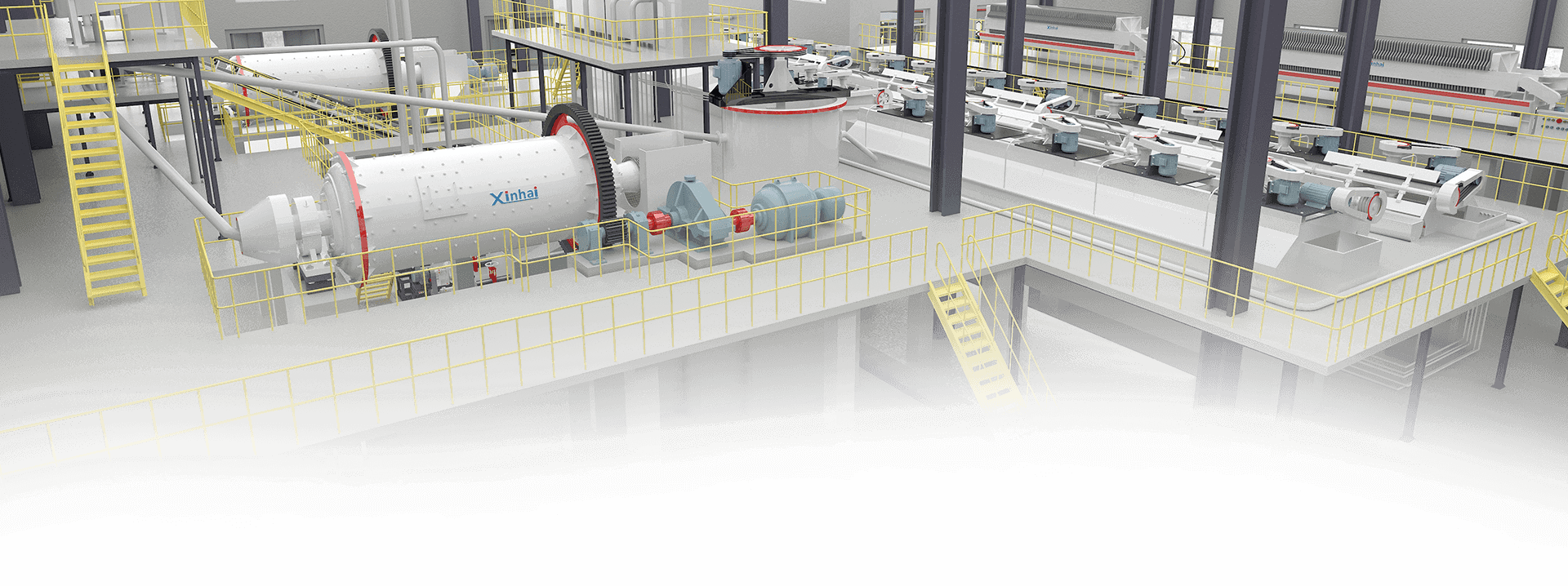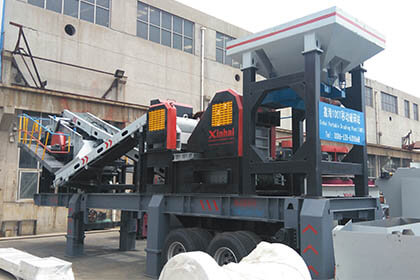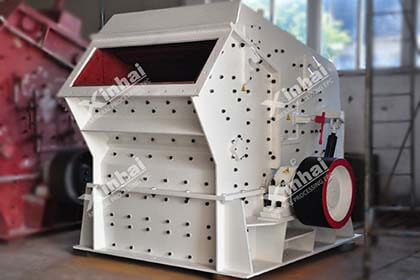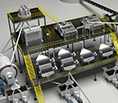How to Select Suitable Crusher for Your Beneficiation Plant?
 Shirley
Shirley
 Jan 15, 2021
Jan 15, 2021
 1467
1467
If you want to know more details about equipment, solutions, etc, please click the button below for free consultation, or leave your requirements!

Crusher is the most basic mining equipment, there are many types and models. There are mainly jaw crushers, cone crushers, impact crushers, hammer crushers, etc., and their scope of application is different. If an unsuitable crusher is selected, the function of the crusher cannot be fully utilized, and the expected production effect cannot be achieved. Therefore, before purchasing a crusher, you must make a scientific and reasonable selection based on the following elements.
011. Material Size
BackThe maximum feed size of cone crusher, gyratory crusher, rotary crusher, and jaw crusher should be less than 86% of the feed inlet of the crusher. The maximum feed size of the roller crusher is not more than 120% of the diameter of the stick. The toothed roller crusher is not more than 1/6, and the trough roller crusher is not more than 1/10. Impact crusher and hammer crusher are free impact crushing equipment, which does not have much restriction on the feed size.
If the feed size is large and the output size is small, secondary crushing or multi-stage crushing is often required. If the particle size of the crushed material is small, single crushing is enough. Jaw crushers and partial hammer crushers are generally used as primary crushing. The impact crusher, cone crusher, roller crusher, and hammer crusher are generally used as secondary or even tertiary crushing.
022. Material Nature
BackIn addition to the size of the material, the selection of the crusher must also consider the nature of the material. Different materials are different in strength, hardness, fragility, corrosivity to metals, water content, etc. are all different, so the crushing method is also different.
Large or medium-sized hard materials are crushed and impacted. The crushing tools have teeth with different shapes; such as jaw crushers, tooth roller crushers, etc.
Small hard materials are crushed, impacted, and milled. The surface of the crushing tool has no teeth and is smooth; such as a roller crusher.
The powdery or muddy materials are ground, impacted, and crushed; such as a ball mill.
Weak abrasive materials are impacted, blowed, and ground, and the crushing tools have sharp teeth.
The abrasive materials are mainly crushed, and the surface of the crushing tool is smooth.
Tough materials are sheared or hit quickly; such as hammer mills.
Multi-component materials are selectively crushed under impact, and multiple force fields can also be used in combination.
033. Crushing process
BackThe crushing process is generally divided into three stages: coarse crushing, medium crushing and fine crushing.
For coarse crushing, gyratory crushers, large jaw crushers, hammer crushers and impact crushers are mostly used. But the specific choice should also refer to the hardness of the ore.
For medium crushing, cone crushers (intermediate and standard), hammer crushers and impact crushers are used. In small and medium-sized mines, fine crushing jaw crushers and double cavity rotary crushers can also be used.
For fine crushing, short-head cone crushers, roller crushers, and vertical impact crushers are often used. Double-cavity rotary crushers can also be used in small and medium-sized mines.
04To Wrap Up
BackWhen choosing a crusher, except the material size, hardness and applicable crushing process, factors such as output, efficiency, equipment weight, and construction site size must also be considered. You must analyze the specific situation and choose the most suitable crushing equipment.
If you have other questions, or want to consult the crushing process and crushers, you can contact our online customer service or leave a message, we will contact you as soon as possible!
 +86 18716000713
+86 18716000713 xlyin@xinhaimining.net
xlyin@xinhaimining.net




 Message
Message Chat Now
Chat Now

















